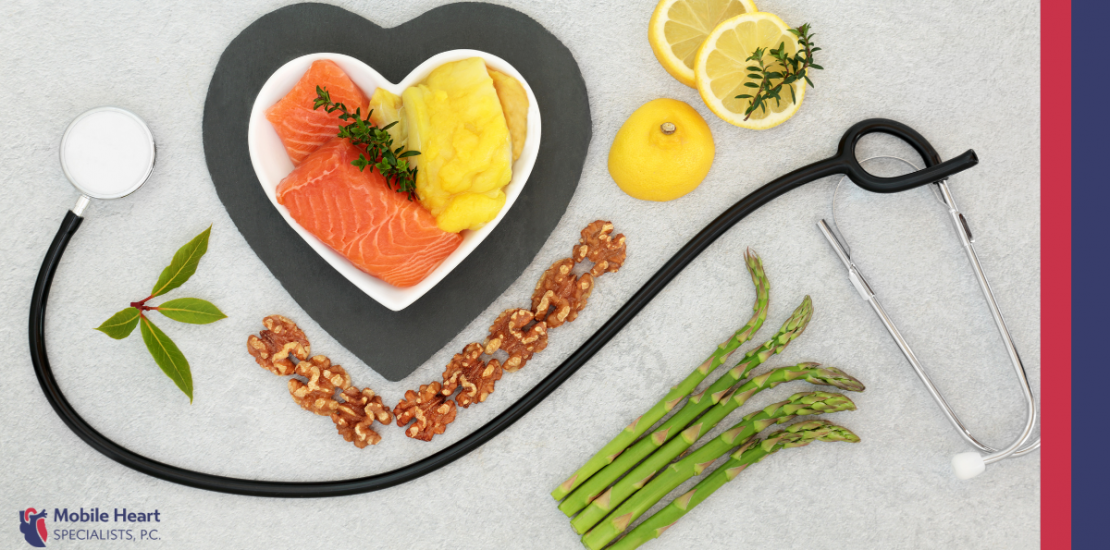- September 17, 2023
- Posted by: sabrina@salexanderconsulting.com
- Category: Uncategorized

Cholesterol is a waxy substance that’s found in your blood and used to help build cells and make vitamins. But having too much cholesterol in your body can cause a multitude of issues, including heart disease and strokes.
Cholesterol comes from two sources: your liver and food that comes from animals. This is why people with high cholesterol should make dietary changes to help manage or improve their levels.
Do you have high cholesterol? Here are four diet changes you can make.
Eat an Avocado a Day
In 2018, the American Heart Association released a study that found that eating one avocado a day can improve bad cholesterol levels in overweight and obese individuals. Avocado is full of healthy fats, which makes it a great replacement for foods that are filled with unsaturated and trans fats. We recommend spreading avocado on toast and drizzling it with lemon, olive oil and chili flakes. Or, replace your fatty salad dressings with a blend of apple cider vinegar, mashed avocado and lemon juice.
Choose Your Meat Wisely
For lowering cholesterol and improving general heart health, we recommend a diet that consists of fish, poultry and other lean meats. Saturated fat in meats can vary based on the cut and how it was prepared. When selecting meat, choose cuts with minimal visible fats and buy “choice” or “select” grades. Then, when cooking, trim all excess fat and use a rack to drain off fat when broiling, roasting or baking. Here are some more tips for choosing cholesterol-friendly meat.
Increase Fiber and Whole Grains
Whole fruits and vegetables are key to increasing your fiber. They also come rich in other vitamins and nutrients that will improve your overall health. And when selecting a carb to go with your meal, choose whole grains like brown rice and whole grain pasta.
Add Walnuts to Your Diet
In another study by the American Heart Association, they found that eating walnuts everyday could lower bad cholesterol in older adults. Like avocados, walnuts are high in omega-3 fatty acids, which are often associated with lower rates of heart disease. Try adding walnuts to your low-fat yogurt or atop a salad.

